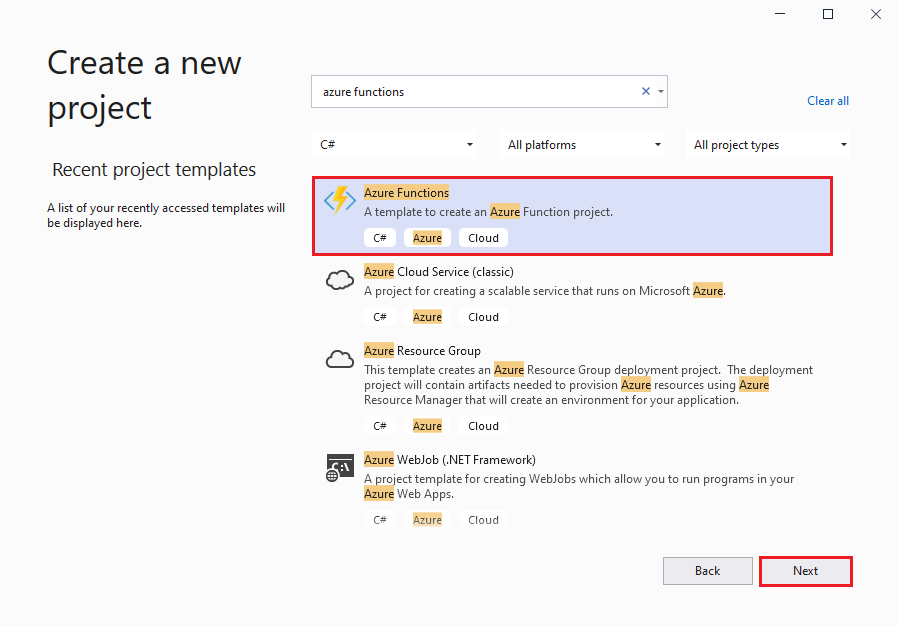

- #Make disk cleaner on mac clean without requesting permission to acces path code#
- #Make disk cleaner on mac clean without requesting permission to acces path windows#


Use this article to fix the following issues: If you’re experiencing syncing problems on any device, including your computer (Windows or Mac), phone (Android or iPhone), or tablet, or Dropbox appears to not be working, use this article to troubleshoot. If you do and clean is true it will be deleted upon process termination.This article covers basic and advanced fixes for Dropbox sync issues. Note that the tempname function does not create any file or directory at the returned location, so there is nothing to cleanup unless you create a file or directory there. The cleanup option controls whether the process attempts to delete the returned path automatically when the process exits. If a parent directory argument is given, the temporary path will be in that directory instead. When called with no arguments, the temporary name will be an absolute path to a temporary name in the system temporary directory as given by tempdir(). The name is guaranteed to differ from all files already existing at the time of the call to tempname. The path is likely to be unique, but this cannot be guaranteed due to the very remote posibility of two simultaneous calls to tempname generating the same file name. This function only returns a path no file is created. Tempname(parent=tempdir() cleanup=true) -> String
#Make disk cleaner on mac clean without requesting permission to acces path windows#
Best practice for creating symlinks on Windows is to create them only after the files/directories they reference are already created. Junction points are slightly more efficient, but do not support relative paths, so if a relative directory symlink is requested (as denoted by isabspath(target) returning false) a symlink will be used, else a junction point will be used. Note that if the user sets dir_target but target exists and is a file, a directory symlink will still be created, but dereferencing the symlink will fail, just as if the user creates a file symlink (by calling symlink() with dir_target set to false before the directory is created) and tries to dereference it to a directory.Īdditionally, there are two methods of making a link on Windows symbolic links and junction points. If target already exists, by default the type of link will be auto- detected, however if target does not exist, this function defaults to creating a file symlink unless dir_target is set to true. On Windows, symlinks must be explicitly declared as referring to a directory or not. Symlink(target::AbstractString, link::AbstractString dir_target = false)Ĭreates a symbolic link to target with the name link. ("my/test/dir", String, String) source - Function Println(joinpath(root, file)) # path to files Println(joinpath(root, dir)) # path to directories onerror is called with a IOError as argument.Įxamples for (root, dirs, files) in walkdir(".") A custom error handling function can be provided through onerror keyword argument. If walkdir or stat encounters a IOError it will rethrow the error by default. The directory tree can be traversed top-down or bottom-up. The iterator returns a tuple containing (rootpath, dirs, files). Return an iterator that walks the directory tree of a directory. Walkdir(dir topdown=true, follow_symlinks=false, onerror=throw) "/home/JuliaUser/dev/julia/base/weakkeydict.jl" source - Function "/home/JuliaUser/dev/julia/base/views.jl" "/home/JuliaUser/dev/julia/base/version_git.sh" "/home/JuliaUser/dev/julia/base/Enums.jl" "/home/JuliaUser/dev/julia/base/.gitignore" Julia> readdir(abspath("base"), join=true) "/home/JuliaUser/dev/julia/.gitattributes" "/home/JuliaUser/dev/julia/.appveyor.yml" The join and sort keyword arguments require at least Julia 1.4.Įxamples julia> cd("/home/JuliaUser/dev/julia")
#Make disk cleaner on mac clean without requesting permission to acces path code#
Static analyzer annotations for GC correctness in C code.Proper maintenance and care of multi-threading locks.printf() and stdio in the Julia runtime.Talking to the compiler (the :meta mechanism).High-level Overview of the Native-Code Generation Process.Noteworthy Differences from other Languages.Multi-processing and Distributed Computing.



 0 kommentar(er)
0 kommentar(er)
